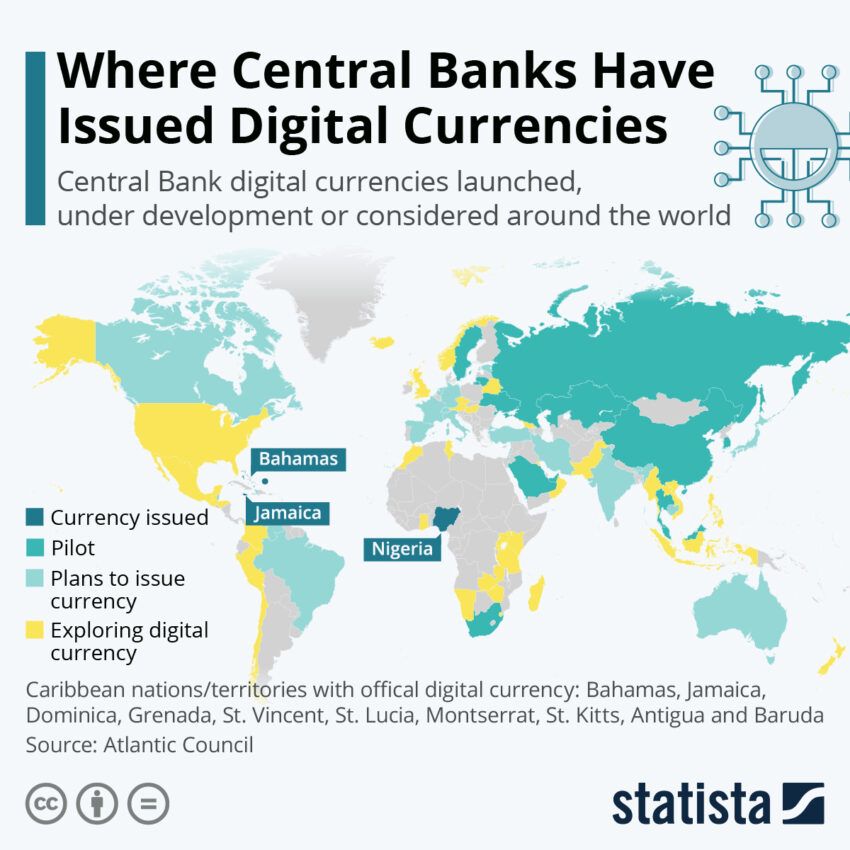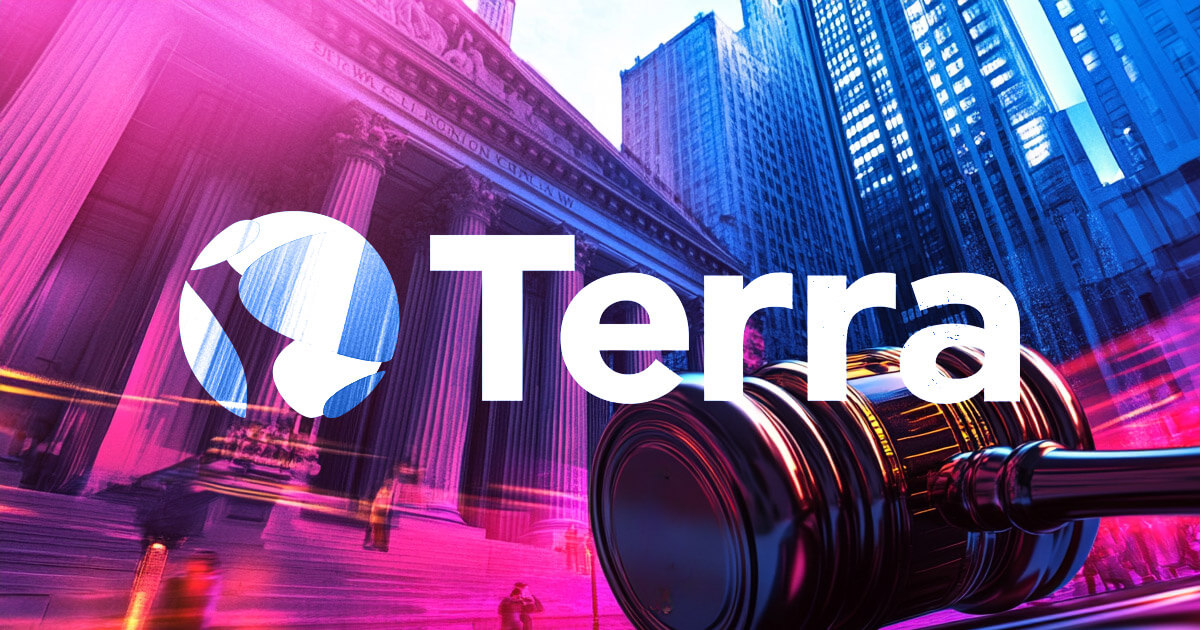SEC vs Ripple Lawsuit: The ongoing legal dispute between Ripple Labs Inc., the creators of the XRP digital currency, and the US Securities and Exchange Commission (SEC) has captivated the global crypto community. This litigation, initiated by the SEC in December 2020, rests on the assertion that Ripple conducted unregistered securities transactions by selling XRP, which the SEC views as a security, not a currency.
This fundamental disagreement over XRP’s classification has sparked a drawn-out and complex legal battle, which is watched closely by stakeholders within and beyond the crypto market due to its implications for the broader industry.
Ripple’s Recent Victories Against the SEC
Ripple’s legal battle with the SEC has not been without remarkable victories. These have not only strengthened the company’s defense but have also set a precedent for similar cases in the future.
One of the most notable victories was when Judge Sarah Netburn, who is presiding over the case, granted Ripple’s request for access to the SEC’s internal communications about Bitcoin and Ethereum. This move could reveal the SEC’s internal discussions and viewpoints regarding the two leading cryptocurrencies. These, just like XRP, emerged as innovations in the financial technology sector but have been treated differently by regulators.
The disclosure of these internal discussions may provide crucial insights into the SEC’s process of distinguishing a security from a currency, which is central to the case. Still, the SEC and Ripple requested an extension on the date to file the documents due to the “voluminous nature of the materials and redactions.”
In addition, Ripple scored another significant win when the court denied the SEC’s request to access the personal financial records of Ripple’s executives. The SEC argued that these records could potentially demonstrate the executives’ financial motives behind selling XRP. However, the court ruled this request to be irrelevant and excessively intrusive, marking another victory for Ripple.
Moreover, the court has upheld Ripple’s argument that the SEC failed to provide fair notice that XRP’s sale could be classified as a securities transaction. This decision could potentially undermine the SEC’s entire case. Especially because it contends that the SEC failed to adequately clarify the status of cryptocurrencies, leaving companies like Ripple in a regulatory grey area.
These victories are crucial as they provide Ripple with a strong foundation for its defense. They represent serious setbacks for the SEC’s case. They are also pivotal in shaping the trajectory of this lawsuit, which many people closely watch due to its far-reaching implications for the cryptocurrency market.
High-Stakes Legal Battle: The Costs and Implications
The ongoing lawsuit is not only an intellectual and legal fight but also a financially taxing endeavor for Ripple. Brad Garlinghouse, Ripple’s CEO, said that the firm has incurred more than $200 million in legal fees while battling the SEC. Yet, despite the tremendous cost in money and resources, he remains optimistic.
Garlinghouse predicts that the SEC vs. Ripple lawsuit could reach a resolution by the end of Q3 2023.
“The judge in the United States has been fully briefed. She has a decision on her plate. A federal judge can operate on whatever timeline she would like, but I’m optimistic we’re going to see a resolution, I believe, before the end of Q3,” said Garlinghouse.
The final outcome of the Ripple lawsuit could send ripples through the crypto market worldwide. A favorable legal outcome for Ripple could establish a landmark legal precedent for other cryptocurrencies that might face similar scrutiny. Consequently, it may lead to an unprecedented surge in crypto innovation and market activity.
Indeed, the stakes in the Ripple lawsuit are nothing short of colossal, transcending Ripple and the future of XRP. This precedent-setting case will shape how cryptos are classified and regulated worldwide. With an expected verdict by the end of Q3 2023, the crypto market waits with bated breath.
It is not an overstatement to say that the case’s outcome could fundamentally redefine the future trajectory of the industry. Europe, in particular, stands to gain from the current US crypto regulatory landscape.
The ongoing regulatory difficulties Ripple and other established cryptocurrency companies like Binance, Coinbase, and Kraken are experiencing in the United States might drive crypto innovation and activity toward regions with more favorable regulations, such as Europe. This shift could fortify Europe’s position as a hub for digital assets.
Cardano’s founder, Charles Hoskinson, argues that the SEC’s lawsuit against Ripple should put to rest any conspiracy theories surrounding its actions. Hoskinson maintains that the lawsuit underscores the regulatory body’s impartiality and determined effort to enforce compliance across the blockchain industry.
“I said the concept that the entire SEC is united against Ripple by bribes from Ethereum insiders is a conspiracy. Given that now Coinbase, Kraken, Bittrex, TRON, and dozens of others have been hit, it seems more accurate then ever,” said Hoskinson.
Forward-Looking Strategy Amid SEC vs. Ripple Lawsuit
Despite the looming legal uncertainty, Ripple has demonstrated resilience and an unwavering commitment to its mission and its users.
While fighting the lawsuit, Ripple has also proactively engaged with stakeholders to provide clarity and reassurances regarding the company’s operations. This dual strategy has helped Ripple maintain its relevance in the industry and the loyalty of its customers and partners.
Indeed, Ripple is far from stagnant. The company recently unveiled a platform to assist governments and central banks in issuing digital currencies.

The Central Bank Digital Currency (CBDC) platform signifies Ripple’s ambition to be at the cutting edge of digital currency innovation. It shows Ripple’s determination to remain a dynamic player in the crypto industry, regardless of the ongoing legal battle.
Ripple’s newly unveiled CBDC platform could potentially revolutionize how central banks issue digital currencies. The platform’s design aids central banks in streamlining the digital currency issuance process. It will also ensure interoperability with existing monetary and payment systems.
As more governments and central banks explore the use of digital currencies, Ripple’s platform could cement its position as an indispensable player in the digital currency space.
XRP Lawsuit – A Watershed Moment for Crypto Regulation
The ongoing Ripple lawsuit is a landmark case in cryptocurrency regulation. The SEC’s decision on whether XRP is a security will have far-reaching implications for the broader crypto industry.
This lawsuit, anticipated to wind up by Q3 2023, has captured crypto stakeholders and regulators’ global attention.
Regardless of the lawsuit’s outcome, Ripple’s resilience and innovative drive have positioned it at the forefront of digital currency innovation. The introduction of the CBDC platform is a testament to Ripple’s forward-thinking approach. It continues to make waves in the crypto space even amid legal uncertainties.
Without a doubt, the Ripple lawsuit’s conclusion stands ready to mark a turning point in crypto regulation.
Disclaimer
Following the Trust Project guidelines, this feature article presents opinions and perspectives from industry experts or individuals. BeInCrypto is dedicated to transparent reporting, but the views expressed in this article do not necessarily reflect those of BeInCrypto or its staff. Readers should verify information independently and consult with a professional before making decisions based on this content.
Credit: Source link















































